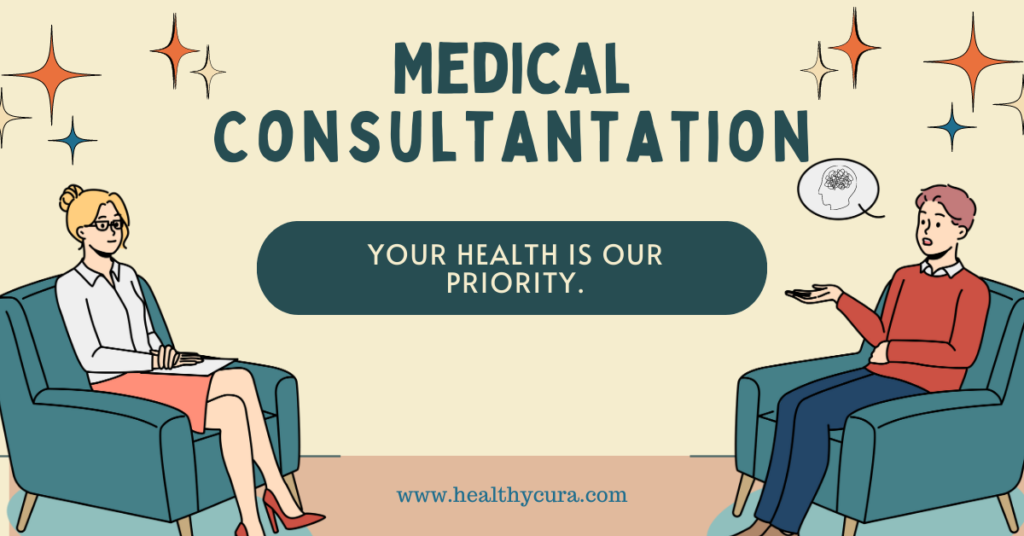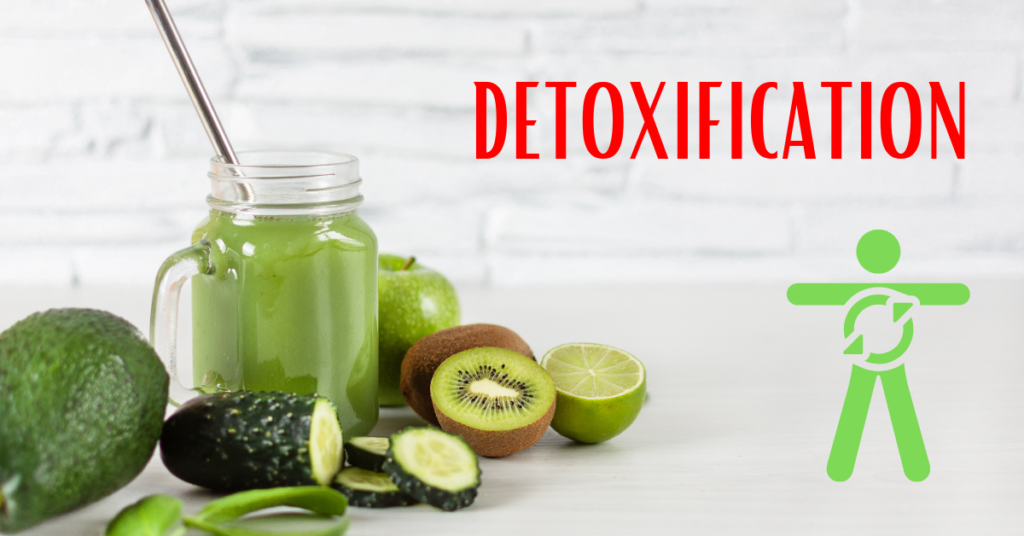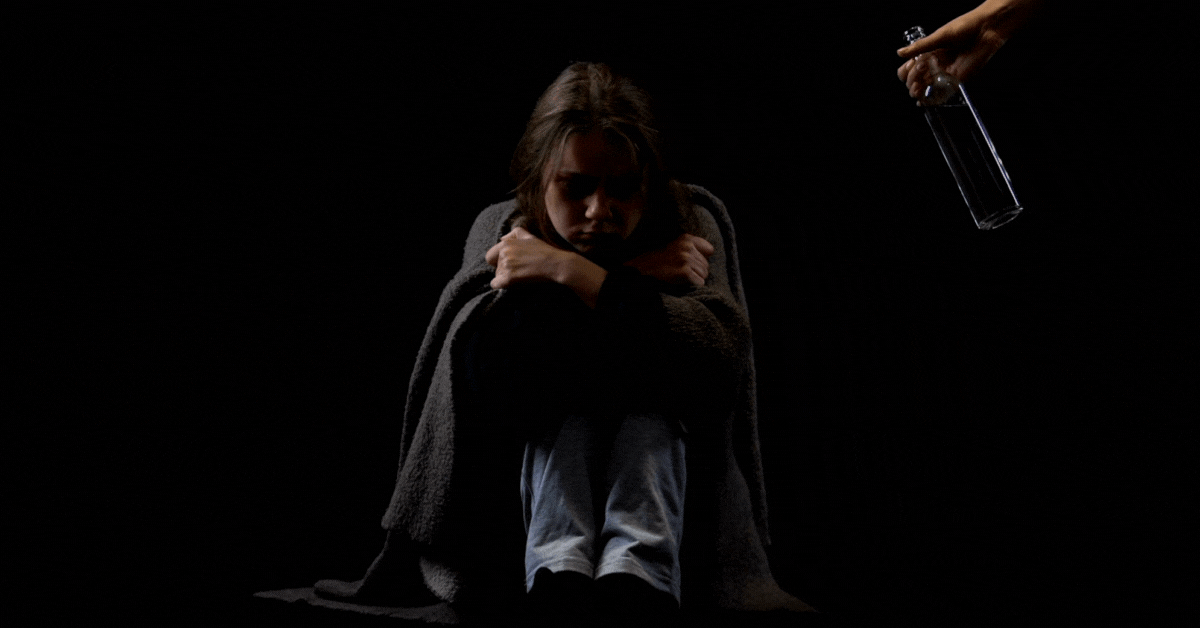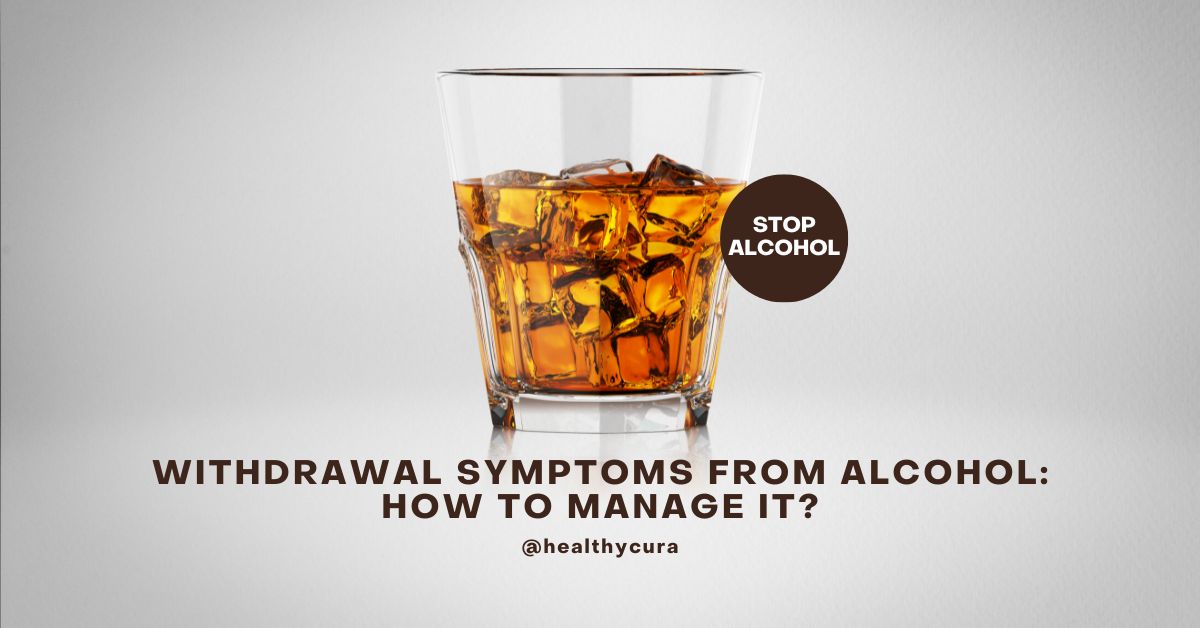Understanding symptoms of withdrawal from alcohol and its treatment is quite challenging for people.
For those struggling with alcohol addiction, the withdrawal process can be overwhelming and even dangerous.
A Person drinking heavily or continuously for a longer time
▼
Cut back significantly on the amount of alcohol or stop completely
▼
Lead to Alcohol Withdrawal, a serious condition
Based on individual’s level of addiction and drinking habits
▼
Alcohol Withdrawal Symptoms can range from:
☛ Mild Symptoms ☛ Severe Symptoms
(This include: physical, emotional, and psychological issues)
Understanding the withdrawal process and how to manage symptoms is essential for anyone attempting to quit their drinking habit.
In this post, we will discuss alcohol withdrawal symptoms, treatment options, and tips for managing them.
What are the Alcohol Withdrawal Symptoms?

A person who has developed an alcohol addiction may experience a variety of uncomfortable and even potentially serious symptoms if they suddenly quit drinking.
Alcohol withdrawal symptoms can vary depending on the severity of an individual’s dependence.
Most common alcohol withdrawal symptoms are:
- Anxiety
- Shaking
- Sweating
- Nausea
- Vomiting
- Headache
- Insomnia
- Depression
- Irregular Heart Rate
- Blood Pressure Changes
- loss of Appetite
In more severe cases, a person may experience hallucinations, delirium tremens (DTs), or seizures. DTs are the most serious form of alcohol withdrawal and can be fatal if not properly treated.
💚 Note: If you or someone you know is experiencing any of these symptoms after quitting alcohol, it’s important to seek medical help immediately.
⚠ Withdrawal from alcohol should always be done under the supervision of a medical professional to ensure safety and minimize the risk of complications.
Identify the Differences Between Mild, Moderate, and Severe Symptoms

It is important to recognize mild, moderate, and severe alcohol withdrawal symptoms, as this will help assess the level of care needed to treat them.
Mild alcohol withdrawal symptoms may include:
- Sweating
- Shaking or Tremors
- Headaches
- Nausea and Vomiting
- Anxiety
- Irritability.
Moderate signs could be:
- Elevated Heart Rate
- High Blood Pressure
- Dehydration
Severe signs would be:
- Seizures
- Auditory hallucinations
Seizures are potentially life-threatening and require immediate medical attention. If these signs occur then it is essential to get help right away.
Recognize the Physical & Psychological Signs and Get Professional Help

Recognizing the physical and mental symptoms of alcohol withdrawal is crucial for getting help when it is needed.
- Have the support of a professional that is familiar with the symptoms, and can diagnose and suggest different treatment methods accordingly.
- Various treatments available, ranging from medications to lifestyle changes (such as nutrition improvement, exercise, and cognitive behavioral therapy) that can help manage symptoms.
- Joining a support group or accessing mental health counseling can provide emotional support throughout the process as well.
How to Treat Alcohol Withdrawal Symptoms

There are a few things that can be done to help ease the symptoms of alcohol withdrawal, which can be helpful if you or someone you know is going through the process of quitting alcohol.
First and foremost, it’s important to seek professional medical help.
⚠ Alcohol withdrawal can be dangerous, and even life-threatening, so it’s not something that should be attempted without medical supervision.
✅ Once you’re under medical care, there are a few ways to treat alcohol withdrawal symptoms. One common approach is the use of medication.
A doctor will primarily suggest
☛ Medications ☛ Detoxification
Medication: can help to ease symptoms like anxiety, shaking, and nausea. It can also help to prevent more serious symptoms from developing.
Detoxification: is an alternative method for managing alcohol withdrawal symptoms. (We’ll See Later)
Whichever approach you choose,
it’s important to remember that recovery from alcohol addiction is a process. There will likely be ups and downs along the way, but with dedication and support, sobriety is possible.
Get Detox Medically and Consider Long-Term Recovery

Detoxing from alcohol can be a dangerous process and should always be supervised by a qualified healthcare professional.
Detoxification
▼
Is a process of allowing the body to rid itself of the toxins associated with alcohol abuse
▼
Done through various methods, such as:
Fasting or Using Detoxifying Foods and Supplements.
Point to be noted: Seeking medical assistance is the best way to ensure that you are taken care of during this time and get the support needed for successful long-term recovery.
- During detox, a healthcare professional will monitor your progress and provide medications to lessen the intensity of withdrawal symptoms, if necessary.
- Afterward, they will work with you to develop a recovery plan tailored to your unique needs and based on evidence-based treatments for alcohol use disorder.
Utilize Non-Medication Based Treatments to Manage Cravings and Combat Relapse

____________________
In addition to medications, there are non-medication-based treatments such as:
▼
Cognitive Behavioral Therapy (CBT)
Mindfulness-Based Stress Reduction (MBSR), and
Dialectical Behavior Therapy (DBT)
____________________
These therapies can help teach:
- Healthier Coping Skills
- Mindfulness Strategies, and
- Relapse Prevention Tactics
All of which can be very effective in helping manage cravings that could lead to relapse.
☝ Non-medication treatments should be utilized alongside medication regimens to maximize their effects and build strong connections between lifestyle changes and long-term recovery.
How to Prevent Alcohol Withdrawal Symptoms

If you’re a heavy drinker, you may experience withdrawal symptoms if you suddenly stop or drastically reduce your alcohol intake.
Withdrawal symptoms can range from mild to severe and can include headaches, nausea, shaking, sweating, and anxiety. In some cases, withdrawal can lead to life-threatening complications such as seizures.
☛ There are a few things you can do to help prevent withdrawal symptoms:
- Gradually reduce your alcohol intake over time instead of stopping suddenly.
- Talk to your doctor about medications that can help manage withdrawal symptoms.
- Have loved ones stand by your side as you undergo detox and rehab.
- Join a support group for people who are trying to quit drinking.
- Seek professional help from a qualified addiction treatment center.
- Eat a balanced diet and don’t skip meals, as this can increase your risk of withdrawal symptoms.
- Get plenty of rest and exercise to help manage stress and anxiety.
- Consult your physician about taking vitamin supplements to help your body through withdrawal.
- Avoid triggers such as places or people associated with drinking.
- Avoid using other drugs or alcohol as a way to cope with withdrawal symptoms.
Note: Using all these preventive measures can help you avoid the uncomfortable and even dangerous physical and psychological effects of alcohol withdrawal.
Conclusion
✅ Alcohol withdrawal symptoms can be very dangerous and should not be taken lightly.
✅ With a proper diagnosis, treatment plan, and support system in place, however, they can become much more manageable.
✅ If you are struggling with alcohol addiction or have recently stopped drinking, it is important to seek professional help as soon as possible.
✅ Remember that there is always hope for a better life free of the dangers of alcohol abuse and addiction.
